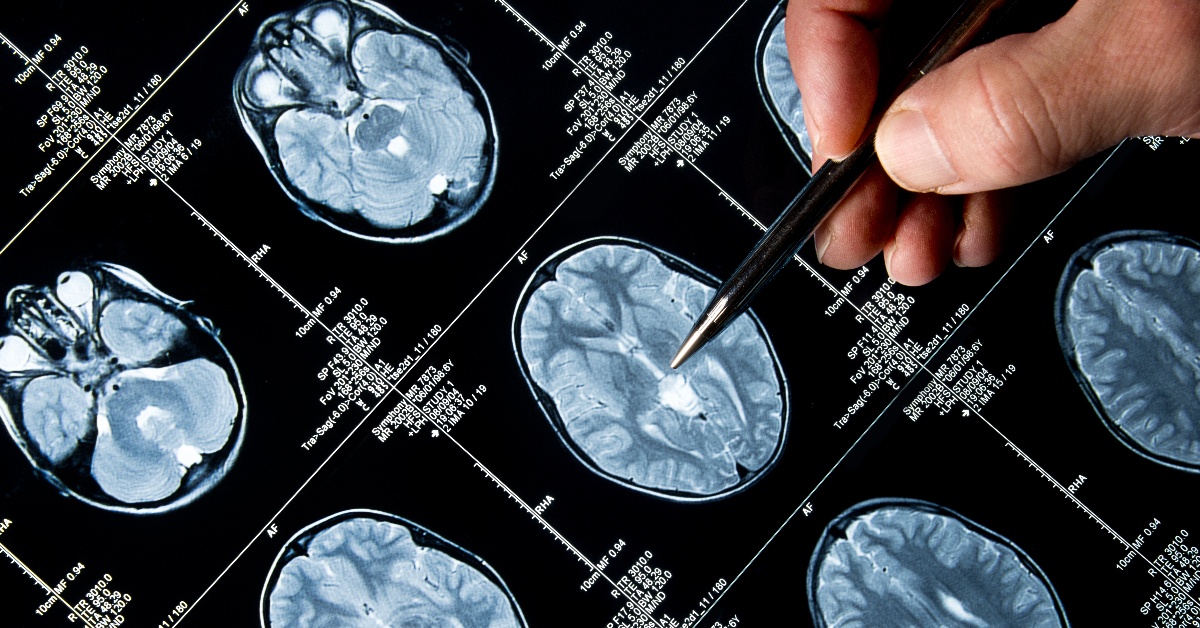A drug found to reduce memory decline among Alzheimer’s patients has been hailed as the “beginning of the end” in the search for an effective treatment against the disease.
Lecanemab is designed to target and clear amyloid – one of the proteins that builds up in the brains of people with Alzheimer’s.
It was developed in a partnership between US biotech firm Biogen and Tokyo-based pharmaceutical company Eisai.
Clinical trial results at the phase three stage have now been reported by Eisai, following a trial involving 1,795 people with early Alzheimer’s disease.
Scientists found that after 18 months, the drug slowed progression of the disease by 27% when compared to patients taking the placebo.
Experts have hailed the results, indicating that it could be long-awaited proof that the disease can be treated.
Professor John Hardy, group leader at the UK Dementia Research Institute at University College London, explained that the theory that clearing amyloid could help target the disease had been around for decades.
“This trial is an important first step and I truly believe it represents the beginning of the end,” he said.
“The amyloid theory has been around for 30 years so this has been a long time coming.
“It’s fantastic to receive this confirmation that we’ve been on the right track all along, as these results convincingly demonstrate, for the first time, the link between removing amyloid and slowing the progress of Alzheimer’s disease.
“The first step is the hardest and we now know exactly what we need to do to develop effective drugs.
“It’s exciting to think that future work will build on this and we will soon have life-changing treatments tot tackle this disease.”
Professor Bart De Strooper, director at the institute, said there had been “many disappointments” along the way in research on the disease.
“I believe it confirms a new era of disease modification for Alzheimer’s disease,” he said.
“An era that comes after more than 20 years of hard work on anti-amyloid immunotherapies, by many, many people, and many disappointments along the way.”
Dr Richard Oakley, associate director of research at Alzheimer’s Society, said the results had the potential to be “game-changing”.
“They give us hope that in the future people with early Alzheimer’s disease could have more time with their loved ones,” he added.
Follow STV News on WhatsApp
Scan the QR code on your mobile device for all the latest news from around the country


 iStock
iStock
























